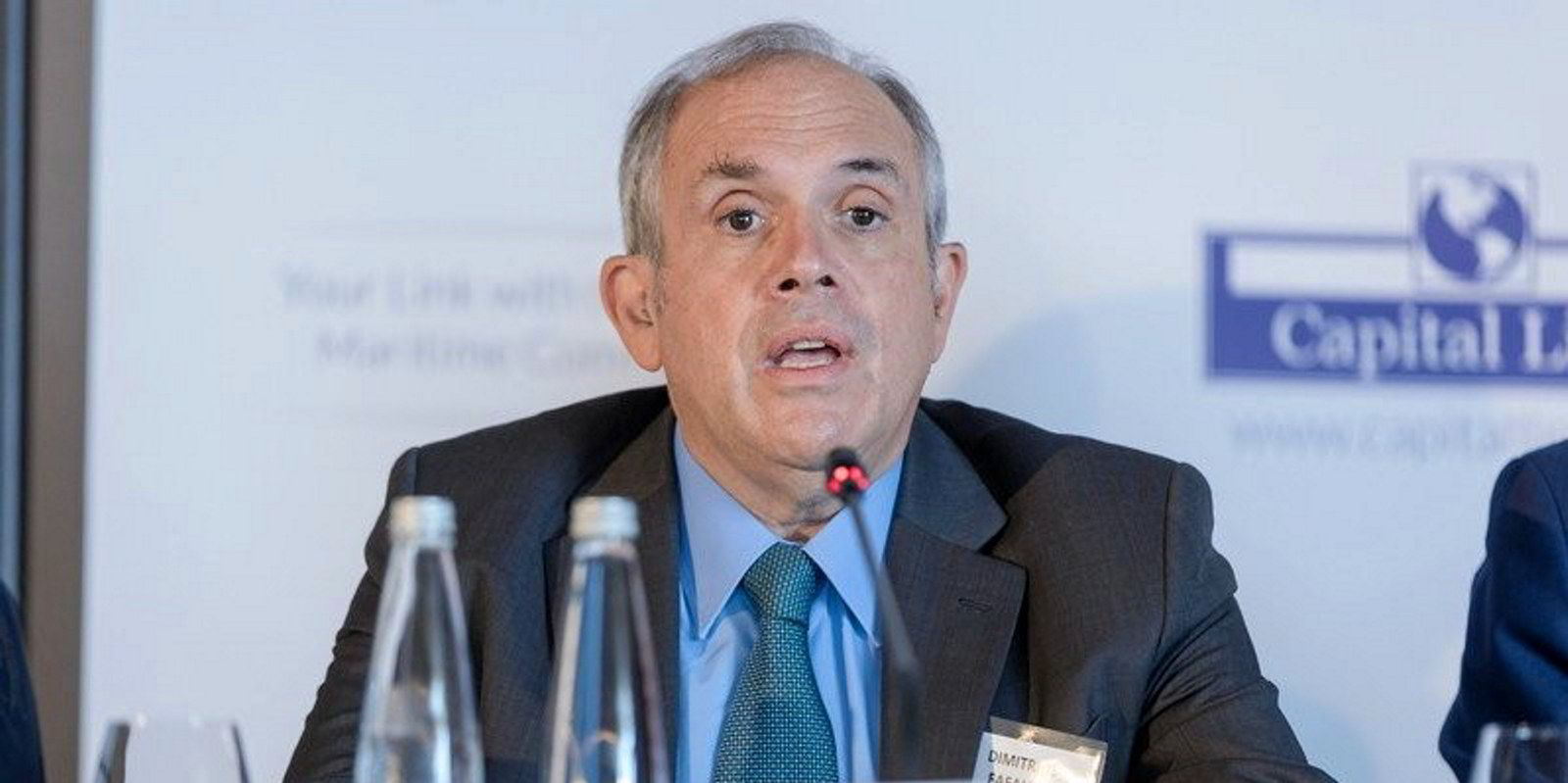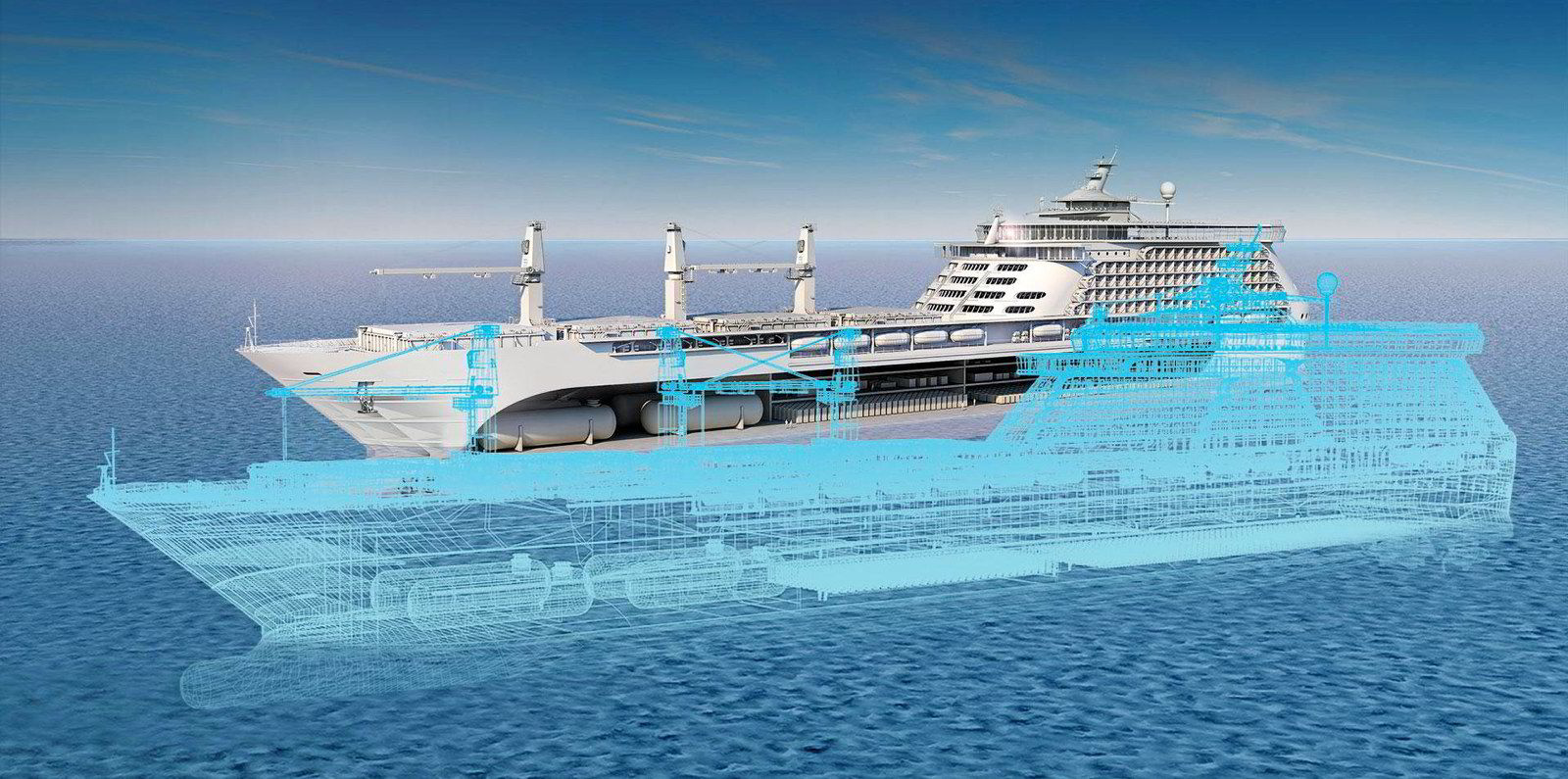Dry bulk owners’ association Intercargo added its voice to the critics of the Carbon Intensity Indicator (CII), urging the International Maritime Organization to not use the measure as a short-term decarbonisation tool.
“There are significant flaws that need to be addressed in order to make CII fit for purpose,” Intercargo said in a statement on Wednesday, shortly before the IMO’s Marine Environment Protection Committee starts discussions to update the organisation’s green shipping strategy next week.
CII ship ratings are often affected by factors outside vessels’ control and its application “will not deliver equitable, transparent and non-distorting emission reductions”, Intercargo argued.
The CII, introduced next year, offers a benchmark to measure vessels’ environmental performance. It is worked out by taking a ship’s annual emissions from fuel used and dividing that by its capacity (deadweight or gross tonnage), multiplied by the annual distance travelled in nautical miles.
Individual companies and shipping players have long voiced concerns about the CII. As reported by TradeWinds on 6 December, German owner-operator Oldendorff Carriers described it as a logic-defying instrument that can produce perverse results.
Intercargo separately stated in its comment on Wednesday that it continues to “fully support” a target for net-zero emission shipping by 2050.
Debate, however, has so far failed to “sufficiently discuss and address” critical aspects such as securing green fuels, without which the net-zero goal cannot be achieved, said the association.
Welcoming revised proposals to that effect by the International Chamber of Shipping, Intercargo said it backs a flat-rate carbon levy per tonne of CO2 emitted, on a tank-to-wake basis.
This should be combined with an International Maritime Sustainability Funding and Reward mechanism, into which ships above 5,000 gt would pay — except those ships using eligible alternative fuels.
“The responsibility for decarbonisation cannot be placed solely on the shoulders of the ship operator at the end of the line.
“It is a challenge that must be dealt with holistically by the entire shipping industry,” Intercargo said.





